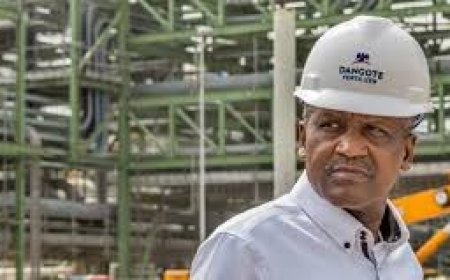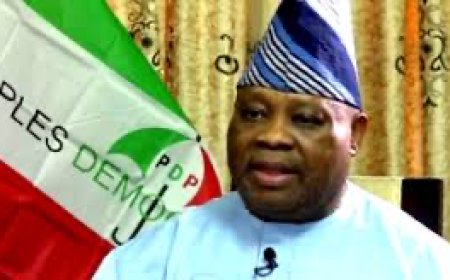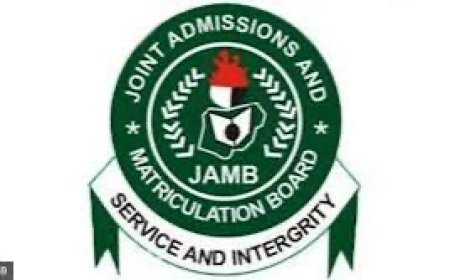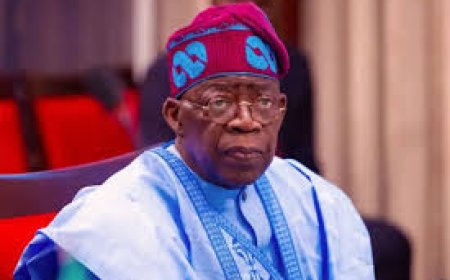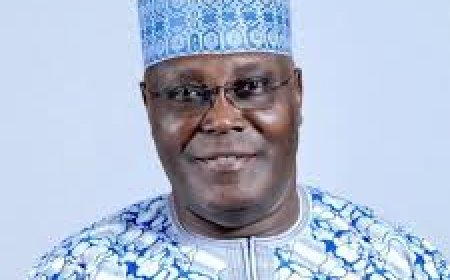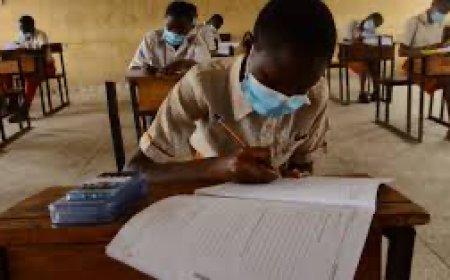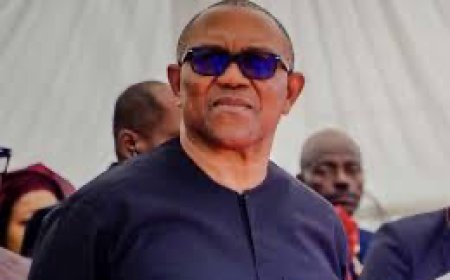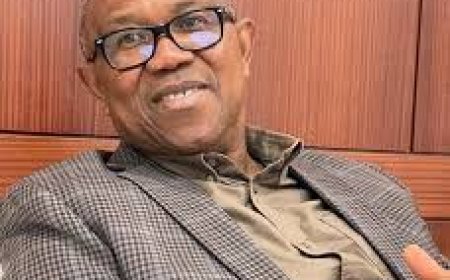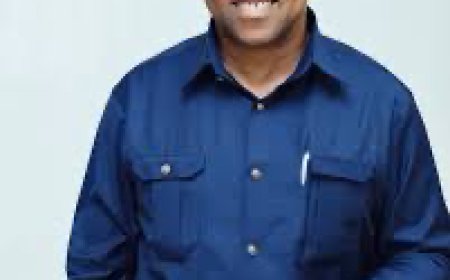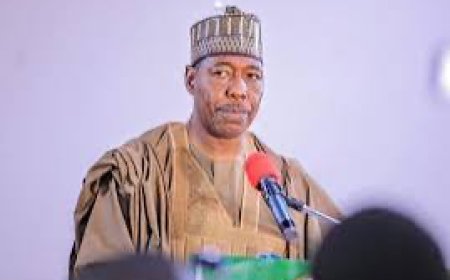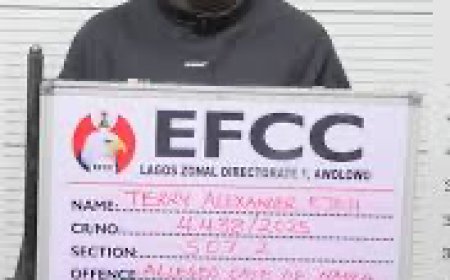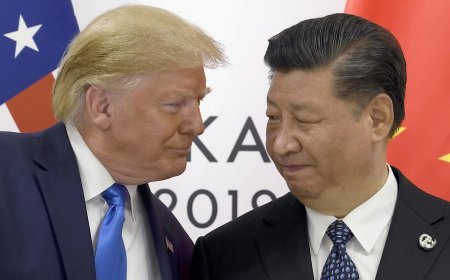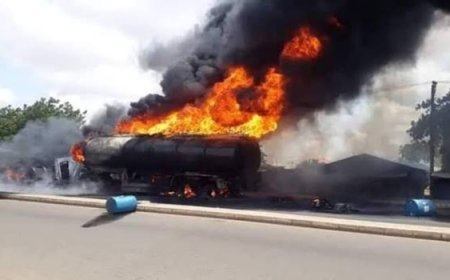Jonathan, West African Elders join global leaders as Banjul hosts inaugural Sahel Summit
Former Nigerian president Dr. Goodluck Jonathan, ex-president of Mali Dioncounda Traore and some members of the West African Elders Forum, WAEF, will be arriving in Banjul on Tuesday to join more than 200 political leaders, policymakers, civil society representatives and development partners from across the world, for the first-ever Sahel Governance Forum, billed for July 30-31 2025.
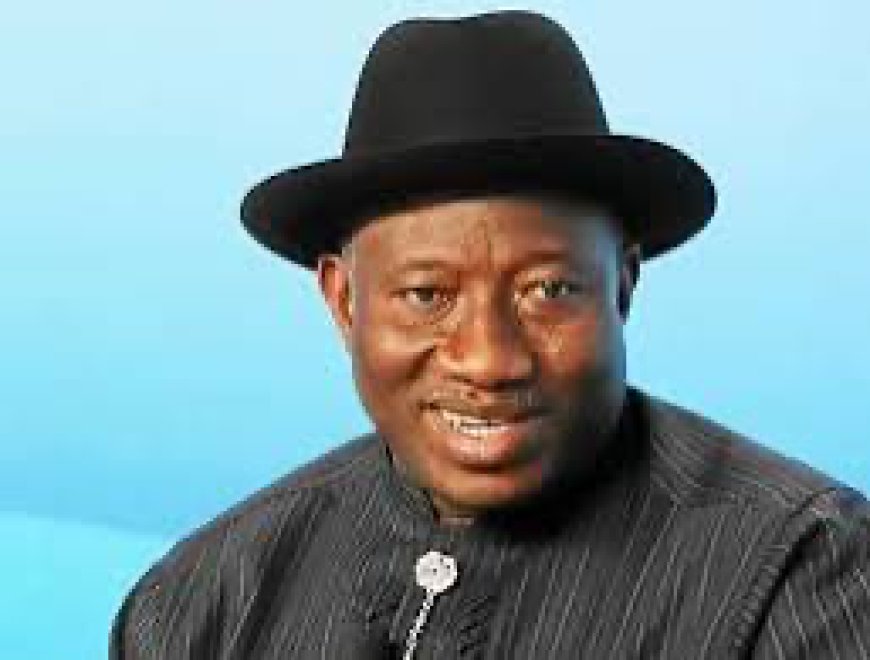
…UNDP, GJF Forum seeks to rebuild social cohesion, public trust in the region
By Ikechukwu Eze
Former Nigerian president Dr. Goodluck Jonathan, ex-president of Mali Dioncounda Traore and some members of the West African Elders Forum, WAEF, will be arriving in Banjul on Tuesday to join more than 200 political leaders, policymakers, civil society representatives and development partners from across the world, for the first-ever Sahel Governance Forum, billed for July 30-31 2025.
The two-day conference with the theme “The Future of Governance: (Re)building Social Cohesion and Public Trust”, is holding against a backdrop of complex challenges, deepening political transitions, and urgent calls for governance systems that deliver for citizens in the Sahel States.
Convened by the Government of the Republic of The Gambia, in collaboration with the Goodluck Jonathan Foundation, GJF, and the United Nations Development Programme, UNDP, the forum arrives at a critical moment for the region.
A statement by the UNDP noted that heightened insecurity, transitions, and rising social fragmentation have deepened mistrust and sparked growing calls from Sahelians for more inclusive, transparent and responsive governance.
It quoted the Gambian President Adama barrow as saying that the “Forum is a vital step toward redefining governance in the region, adding that “The Gambia is proud to host this important forum and ensure the benefits of sustainable peace and development are within reach for all Sahelians.”
Former Nigerian president and Founder of the Goodluck Jonathan Foundation,
Home to more than 350 million people, including one of the youngest and most dynamic populations in the world, the Sahel holds vast human and natural capital. Yet its potential remains largely untapped, held back by weakened institutions, repeated unconstitutional changes of government, violent extremism and the erosion of the social contract.
Recognizing that sustainable peace and development in the Sahel cannot be achieved without legitimate, transparent and participatory governance, the Forum aims to shift from reactive crisis response to long-term investment in state legitimacy, civic leadership and inclusive governance.
A key milestone will be the official launch of the flagship report, “The Future of Governance in the Sahel”, developed by UNDP, the United Nations Office for West Africa and the Sahel, UNOWAS, and the Office of the Special Coordinator for Development in the Sahel. Based on wide-ranging consultations across the 10 countries under the United Nations Integrated Strategy for the Sahel (UNISS), the report presents a bold, citizen-informed roadmap to rebuild trust, strengthen justice systems, enhance economic governance, and elevate citizen participation.
“The Sahel is at a crossroads,” said Ahunna Eziakonwa, UN Assistant Secretary-General, UNDP Assistant Administrator and Regional Director for Africa. “We must use this forum as an opportunity to build a new governance compact that restores public trust, puts people at the centre and ensures institutions serve all, not just a few,” she added.
Over two days, the forum will feature open and forward-looking conversations consisting of high-level dialogues with current and former Heads of State, intergenerational panels and thematic discussions with civil society, industry leaders and technical experts. Participants will explore critical themes including, strengthening citizen trust through accountable and responsive institutions, transforming leadership and governance during political transitions, promoting women and youth leadership for inclusive governance, as well as advancing justice, the rule of law, and community security.
They would also be exploring ways of fostering regionalism, cross-border cooperation, and economic governance, harnessing technology and demographics for future-smart governance as well as reimagining the social contract for peace, prosperity, and resilience.
The Forum represents a collaborative push to ensure governance reform is prioritized and is expected to culminate in the adoption of a joint governance action plan, which will capture key recommendations and outline mechanisms for follow-up by national, regional, and international stakeholders.
What's Your Reaction?







